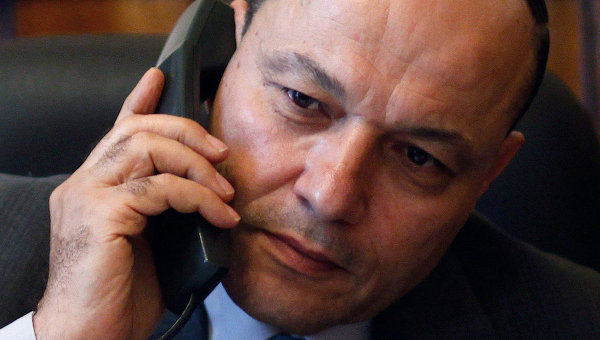By Toqa Ezzidin
The trial of novelist Ahmed Nagy and editor-in-chief of state-owned Al-Akhbar Al-Adab journal Tarek El-Taher were adjourned to 12 December to allow the defence more time to listen to the witnesses and review the files of the case.
The journalists are accused of “violating the sanctity of public morals and general ethics” when they published a chapter from the novel “Use of Life” that appeared in the literary journal, affiliated with Al-Akbar Al-Youm.
The Association of Freedom of Thought and Expression (AFTE) released a statement Saturday condemning the charges against the two.
According to the statement, the Egyptian constitution protects literary and artistic freedoms and it is prohibited to file any report against any kind of literary or artistic works.
“Apparently, our constitution is written with ‘good intentions’ that reflect the affiliation and vision of the political leaders, which means it is constantly violated by different authorities under claims of protecting the state from terrorism,” according to the statement.
Further, the statement confirmed that the constitution does not define the meaning of “violating the sanctity of public morals”, thereby questioning how it can be violated and what “public morals” mean. It also said the term is vague, leaving the door for everyone to interpret it as they wish.
Furthermore, the statement tackled the contradictions of verdicts that resulted due to the vagueness of the legislators in drafting constitutional provisions. The statement cited the example of the General Prosecution rejecting the report filed by Lawyers Without Borders that demanded the confiscation of the novel “Alf Leila w Leila”.
However, the prosecution proceeded with the report filed against Nagy on the same charges. The statement mentioned other cases that reveal contradictions in similar stories due to the unclear provisions.
The statement also said President Abdel Fattah Al-Sisi did not only express his opinions regarding artistic content on more than one occasion, he also imposed his “guardianship” on it.
Moreover, in a speech Al-Sisi gave following the month of Ramadan 2015, he said he is not satisfied with the content of TV programmes and series that were shown in the holy month, since they contained drug dealing, magic, and illicit relationships.
AFTE’s statement said there are only two institutions in Egypt that are given authority to censor artistic content, and they are the “Censorship System on Artistic Content” and “Censorship System in Print.” However, many religious institutions and artistic syndicates intervene in censorship.
The statement concluded by saying that censorship in printed content should receive more attention and serious discussions by innovators, public opinions, and civil society to answer a vital question: does printed content in Egypt require censorship?


